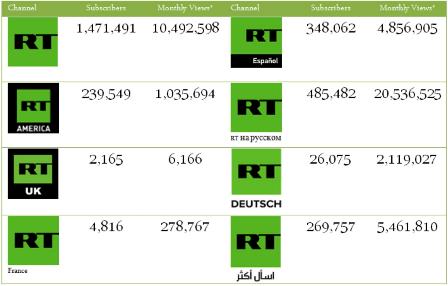Paradoxically, some healthy economic developments occurred in Russia in 2014 owing to its conflict with the West and the decline in oil prices. The “forced” reversal of some mistaken economic policies of the past—an overvaluation of the ruble and virtually tariff-free imports of food—has created an upward push for the national economy that may be stronger than the downward push caused by the outflow of capital, decline in oil prices, and Western economic sanctions.
The longer-term impact of sanctions on the Russian economy is still indeterminate. Western sanctions against Russia since its incorporation of Crimea in March 2014 have been rather modest, even symbolic. By comparison, Russia’s response in August 2014 banning food imports totalling $9 billion annually from the EU, United States, Canada, Australia, and Norway was harsh. If a scalpel was the Western instrument, Russia used an axe. Hit hardest were the export markets of Poland (fruits and vegetables), Norway (salmon), the Netherlands (cheese), and Spain (fruits and vegetables).
For now, the sanctions have had some effect, if mostly indirect by damaging Russia’s overall investment climate. They have led to lower trade levels and a greater outflow of capital, which had begun already in early 2014 but accelerated after the Crimean referendum in mid-March.










